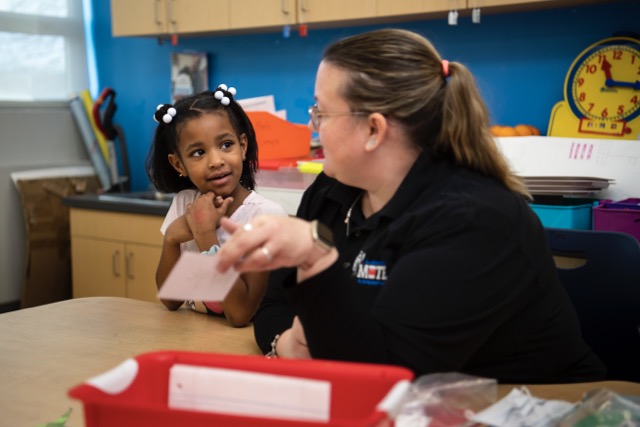The Delaware Department of Education (DDOE) will provide reading tutoring for K-3 students. For the purposes of the States Leading Recovery (SLR) grant, the state will partner with the nonprofit tutoring provider Reading Assist to deliver high-dosage tutoring to students during the school day. Reading Assist recruits, trains, and embeds AmeriCorps members to serve as tutors, providing 1:1 tutoring to students scoring in the lowest 25th percentile for reading proficiency.
Delaware has selected district and charter schools to participate in this program. In awarding grant funding, the DDOE targeted (1) students who are academically behind, based on state test results, and (2) schools that do not currently offer high-dosage tutoring for students.
Background
Prior to being awarded the SLR grant, the DDOE partnered with several different providers to deliver school-day, summer, and after-school tutoring. Additionally, the DDOE has developed step-by-step guidance to support districts in planning for tutoring as part of the district’s MTSS model for the upcoming school year.
The DDOE has launched the Delaware Strategy to Accelerate Learning, which aims to accelerate student learning through a four-pillar approach. One of these pillars involves accelerating learning through high-quality instructional materials, which includes tutoring.
Delaware has invested $500,000 in GEER I funds and over $5 million dollars in ESSER II funds to support effective tutoring. Further, as outlined in its ESSER III plan, the state will provide opportunities for over 5,000 students to receive effective tutoring.
Tutoring efforts reinforce Delaware’s significant statewide student literacy efforts:
- Senate Substitute Bill No. 1 for Senate Bill No. 4. requires the DDOE to maintain and publish a list of evidence-based, reading curricula for grades K-3. Each curriculum on this list must align with the “science of reading.” Districts must provide an annual report to the DDOE regarding the implementation of these requirements and the DDOE must produce an annual report summarizing this information.
- House Bill (HB) 304 recognizes advancements in the science of reading and literacy instruction by requiring that all public school students in kindergarten through grade 3 participate in a universal reading screening three times each year to identify potential reading deficiencies, including dyslexia, and allow for early intervention and prevention.
- The Governor has further demonstrated the state’s commitment to literacy through his reestablishment of the Family Services Cabinet Council whose mission it is to coordinate public and private services, making the delivery of state services more effective. Included in these services are early childhood education services dedicated to serving communities with the highest need.

